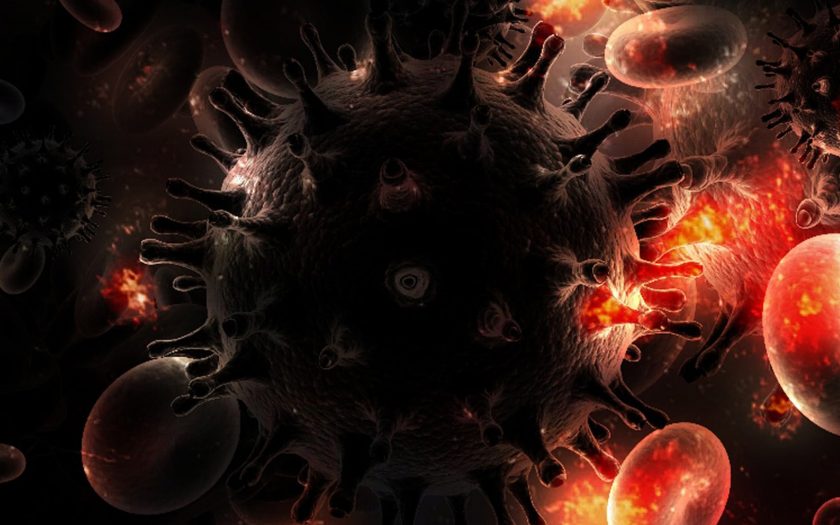Nutrition is of great importance at any stage of the development of HIV: it strengthens the immune system and provides the necessary strength to fight disease. Living with HIV means living with a weakened immune system, which makes a person more susceptible to various infections. And infections further destroy the body, which leads to loss of strength and ability to restore them.
HIV can affect the body’s metabolism and, consequently, the digestibility of food. Lack of a healthy diet can have a negative impact on health in the early post-infection period. The principles of the diet are very simple: more calories, proteins and vitamins. It is not necessary to radically change the usual diet. To get more calories, follow these tips:
- eat the same as usual, but a little more;
- eat 5-6 times a day or have a snack between meals;
- eat cheese, sour cream, cottage cheese, butter;
- drink juices or milk instead of water (if there is no intolerance);
- eat low-calorie foods in small quantities;
- eat quality food.
To get more protein, you need to remember which foods contain it. These are meat, fish, poultry, eggs, cheese, cottage cheese, beans, peas, chickpeas, nuts. Of course, you also need to eat bread, potatoes, various cereals, pasta, vegetables and fruits, dairy products. If your body does not tolerate milk, drink fermented milk, kefir or yogurt.
You don’t have to spend a lot of money on healthy eating. Keeping in mind the basic principle – a lot of calories and a lot of protein – you can make a balanced diet in any way. For example: add more oil to potatoes and you will increase its caloric content. It is very important to prevent weight loss, especially in the late stages of HIV. Gaining a few “extra” pounds, you will increase the strength of your body. Healthy eating is important for everyone because food provides us with nutrients that we need to stay healthy. But food is often selected individually. Therefore, the first thing to do is to consult a doctor and consult a nutritionist.
HIV is not transmitted through food, drink and utensils. Don’t be afraid to infect your friends or family by cooking for them. However, certain precautions must be taken to ensure that kitchen utensils and products do not become sources of hazardous microbes:
- thoroughly wash raw fruits and vegetables with boiling water with a special brush;
- discard vegetables and fruits that have rot and mold. The same goes for bread or cheese;
- meat, fish, poultry must be carefully processed.
- do not eat raw eggs, it is better to boil them hard. Broken eggs can be dangerous;
- use different cutting boards for raw and cooked food;
- wash dishes very thoroughly in hot soapy water;
- drink only boiled water and only boiled or pasteurized milk;
- It is better to wear rubber gloves when cutting raw meat.
A healthy diet helps to slow the progression of the disease, prevents weight loss and helps to improve the quality of life and take ARVs (such as Duovir N or Lamivir) without side effects.

